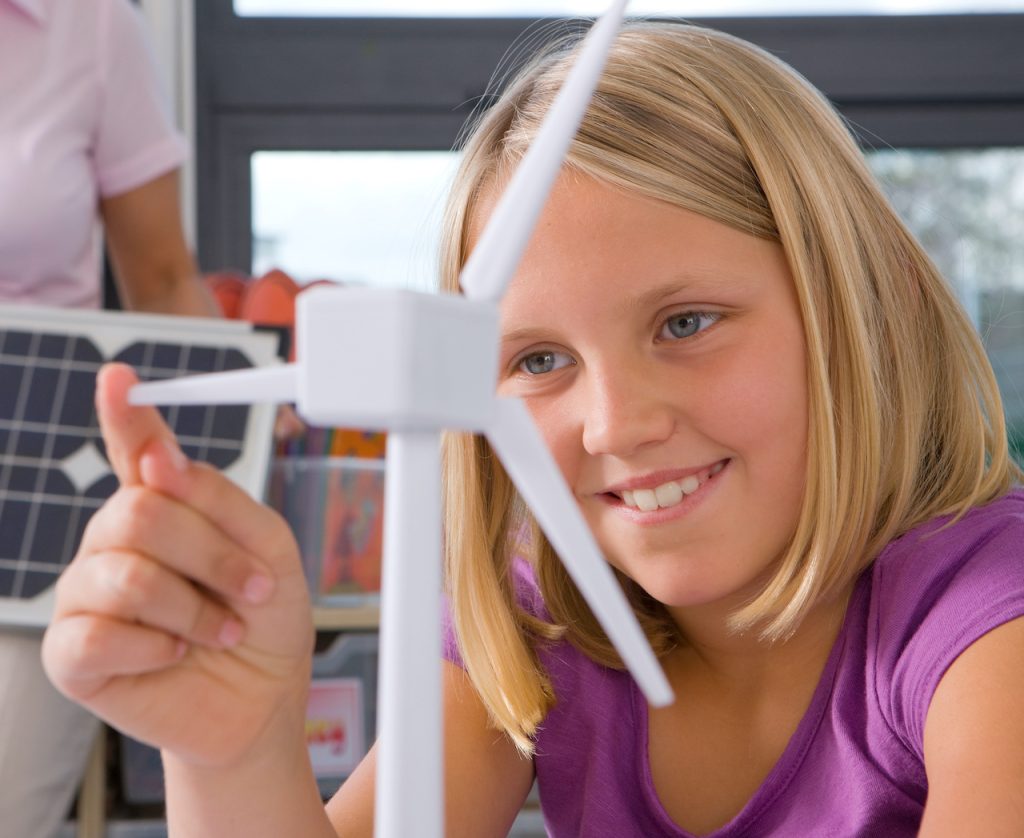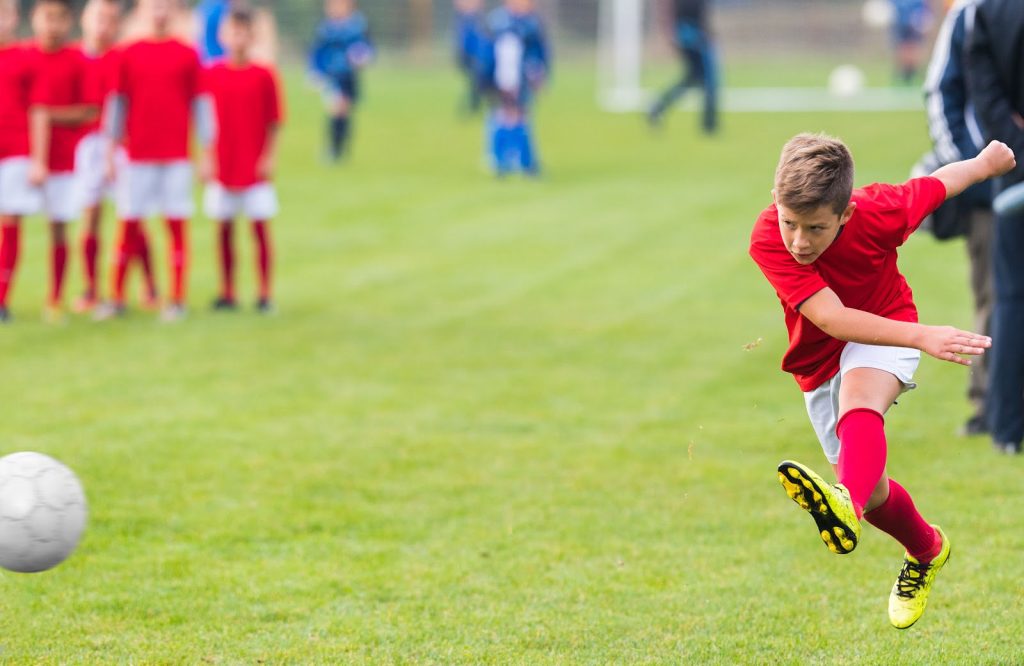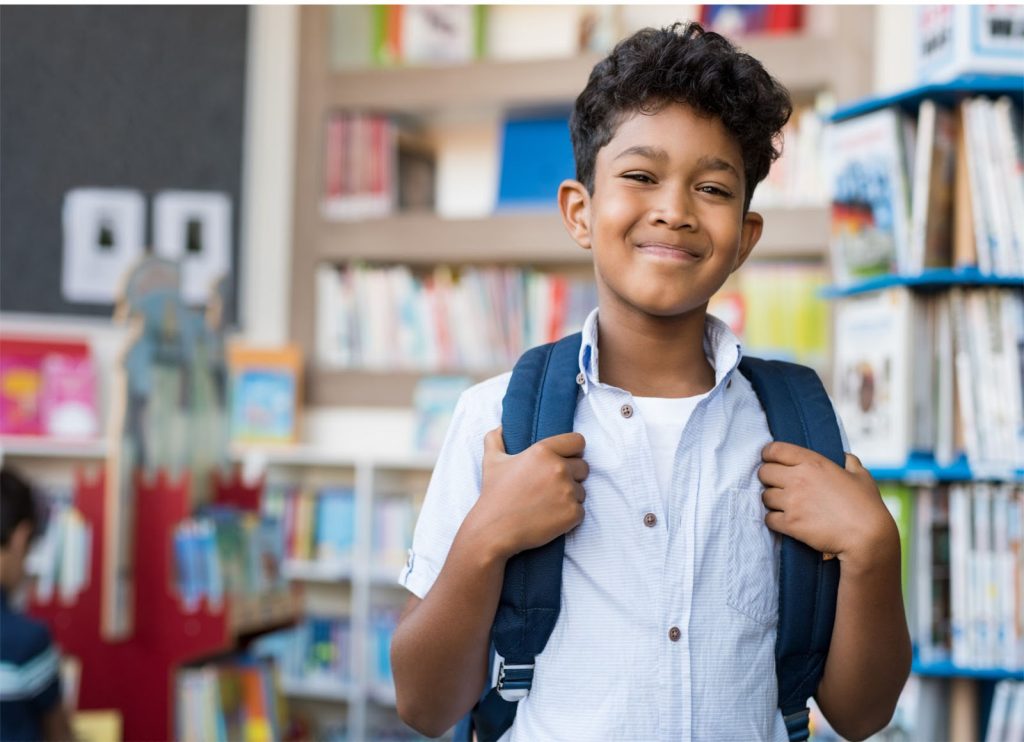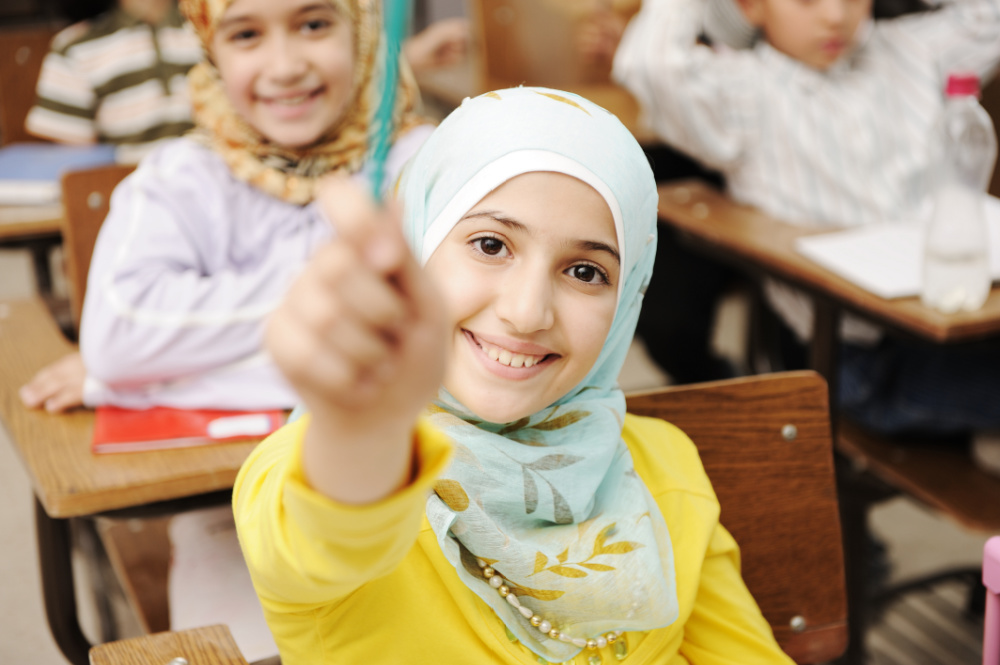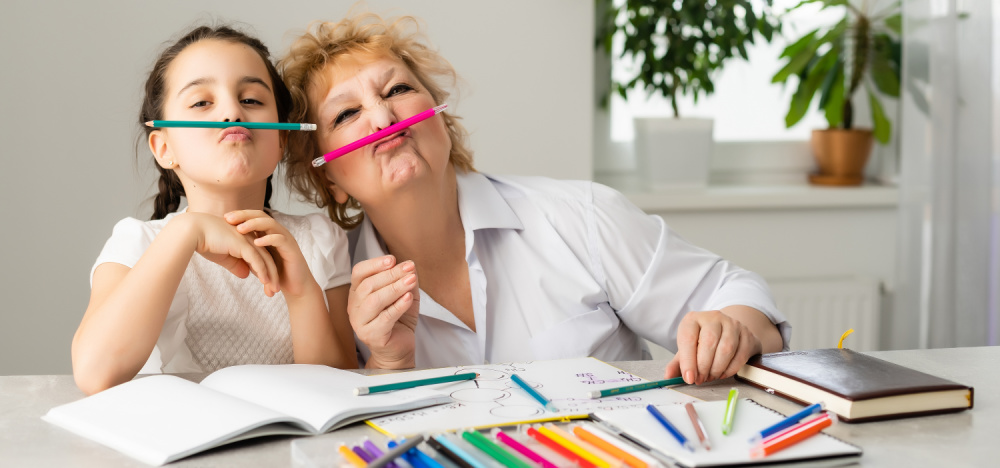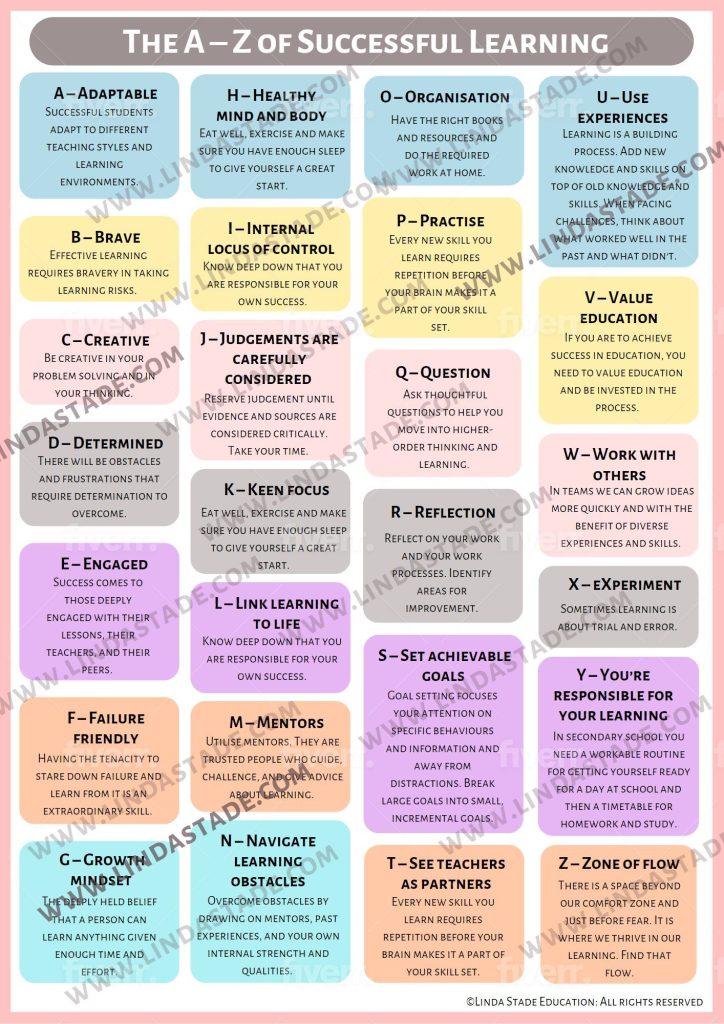A successful learner knows that these 26 traits, practices, and skills are important. The good news is they can all be taught! (Includes PDF)
Being a successful learner does not mean receiving an A on every assignment or always achieving wonderful test results. Although, that would be nice. It means being engaged in learning and developing life-long skills so that learning continues forever.
A good learner is one who understands that they are responsible for their own learning. A good teacher helps, but the best teacher in the world can’t help a student who doesn’t work in partnership with them. So, what are a student’s responsibilities in that partnership?
They are all here in the A – Z of becoming a successful learner. What is great about this list is that they are all skills and traits that can be learnt.
A – Adaptable
School is a fast-paced, constantly changing environment. Each hour of the school day, you are likely to have a new teacher and a new learning space or classroom. Successful students acknowledge the need to change gears quickly and adapt to different teachers’ styles and varying expectations.
B – Brave
Effective learning requires bravery in taking learning risks. If you don’t risk being wrong or looking silly every now and again, you stay safe in what you already know; however, that isn’t growing or learning.
C – Creative
Creativity is not just for Art and Drama and the razzle-dazzle subjects. Good learners are creative in their problem solving and in their thinking.
D – Determined
Not all learning comes easily. There will be obstacles and there will be frustration. Successful learning is built on determination.
E – Engaged and invested
When you care about what you are learning it becomes much less a chore and more enjoyable. Successful learning comes to those who are engaged with the content of their lessons, their teachers and their classmates. They are also invested in their learning. It matters to them!
F – Failure friendly
Failure is one of the greatest tools in the learning process. Unfortunately, too many people are simply overwhelmed by the feeling of failure rather than being able to stand back and look at the lessons it can teach us. Having the tenacity to stare down failure is an extraordinary skill.
G – Growth mindset
A growth mindset is a deeply held belief that a person can learn anything given enough time and effort. A student with a growth mindset believes that just because they haven’t mastered a skill YET, doesn’t mean they never will.
H – Healthy mind and body
Eat well, exercise and make sure you have enough sleep. By looking after the basics, you give yourself the best possible chance for successful learning.
I – Internal locus of control
An internal locus of control is the understanding that you are responsible for your own success, and this includes your learning success. Someone with this view of the world takes responsibility for their own learning and achieves for their own self-fulfillment rather than external rewards.
J – Judgements are carefully considered
It is a superpower to reserve judgement until evidence and evaluation are considered critically. Take your time. Consider all the research or evidence. Think carefully. Our first reactions and ideas are seldom the most useful, insightful, or powerful.
K – Keen focus
It may feel good to message with a friend while doing your homework, or to have the tv on in the background. However, it does negatively impact your learning. Always try to work in an environment that is free from distractions and maintain keen focus for blocks of time of up to 45 minutes. Then give yourself a short break.
L – Link learning to life
When you link learning to real life it becomes more relevant and thus more engaging. There is nothing worse that learning purely for a test. When you can see that your learning will matter in the future, it matters in the present.
M – Mentors
Mentors are people who guide, challenge and give us advice. They can be a teacher, a sibling, a parent, a friend, or any trusted person. Generally, a mentor is older than you and has learnt from their experience. They share those lessons and understandings with you.
N – Navigate learning obstacles
There will always be obstacles to learning. How you navigate those obstacles is what counts. You can employ, teachers, mentors, past learning experiences, and your own internal strength and qualities, such as persistence and resilience.
O – Organisation
It is easier to be engaged and learning in class when you have the right books or resources. It’s also easier to keep up when you are doing the required work at home.
P – Practise
Nobody becomes skilled at a sport or a craft or a musical instrument without practising. Learning at school is the same. Every new skill you learn requires repetition before your brain makes it a part of your natural repertoire. If you want to be good at writing essays… write essays!
Q – Questions
The only thing better than a well-considered answer is a well-considered question. When we ask thoughtful questions instead of just absorbing facts, we move into higher order thinking and learning. That’s where growth happens.
R – Reflection
Reflect on your work and your work processes. When we reflect, we can see areas for improvement and measure our growth in the learning journey. When we don’t reflect, we keep on repeating the same mistakes. “If you always do what you always did, you’ll always get what you always got”. That’s some wise advice from Henry Ford.
S – Set achievable goals
Goal setting focuses your attention on certain behaviours and information and away from distractions. Research tells us that incremental goals are far more effective than large goals. So, break your goals down into achievable steps. As you achieve each step acknowledge your progress. You will achieve goals one step at a time.
T – Teachers as partners
Successful learners see their teachers as their partners in education. A positive relationship between student and teacher is one of the most powerful factors in effective learning. You don’t have to be great mates with your teachers, but you do need a mutually respectful and productive relationship.
U – Use experiences
Learning is a building process. We add new knowledge and skills on top of old knowledge and skills. When confronted with a challenge, think about what worked well in the past and what didn’t. What do other people do that seems to work? Have you done something similar in the past that might help in this new situation?
V – Value education
If you are to achieve success in education, you need to value education. In life, we very rarely persist or strive in an endeavour if we don’t think it is valuable. Education itself may not feel important to you but think about where it can take you and what it can help you achieve. That’s valuable!
W – Work with others
Collaboration is one of the skills most highly valued by employers. In teams we can grow ideas more quickly and with the benefit of diverse experiences and skills. At school, it is possible to harness this people-power with study buddies and in study groups.
X – eXperiment
Sometimes learning is about trial and error. We often get into the habit of playing it safe just because we got satisfactory results in the past. School is the ideal place to take risks and experiment with learning. The stakes are not high, and you have teachers and family to support and guide you.
Y – You’re responsible for your learning
As you become older you can become more responsible for your own learning and learning behaviours. In secondary school you need a workable routine for getting yourself ready for a day at school and then a timetable for homework and study at home.
Z – Zone of flow
There is a space beyond our comfort zone and just before fear where we thrive in our learning. If you push yourself and become used to the discomfort of ‘not knowing’, you will build a beautiful brain.
Successful Learner Poster
Download a free copy of my A – Z of Successful Learning poster.
You will also receive my fortnightly(-ish) articles direct to your inbox
This article was initially written for Lourdes Hill College‘s blog, Inspiring Girls.


